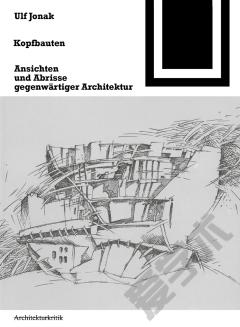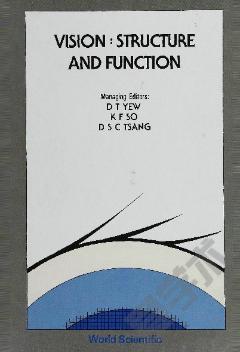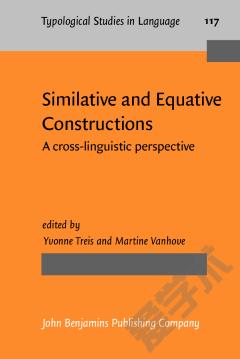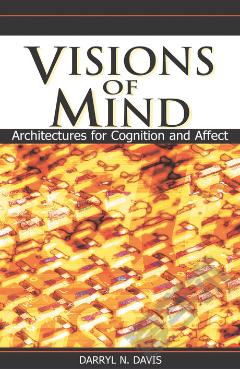Simultaneity: Temporal Structures And Observer Perspectives
This book presents an interdisciplinary approach to the question of how observer-participant perspectives are generated, what constrains them and how they may be modified. These questions are of vital importance and must be addressed in any discipline before formulating a hypothesis or designing a model about reality. Both epistemological questions about the nature of temporal nested structures and practical applications of our ability to contextualize are discussed. The resulting temporal observer-participant perspectives reflect approaches to the concept of simultaneity from the viewpoints of philosophers, logicians, cyberneticists and systems theorists, mathematicians, psychologists, medical practitioners, physicists, educationists, economists and musicologists. Although the main focus is on the cognitive sciences, as constraints to observer perspectives arise primarily from this field, the book will appeal to researchers of all disciplines and interested layman readers.
{{comment.content}}








 京公网安备 11010802027623号
京公网安备 11010802027623号